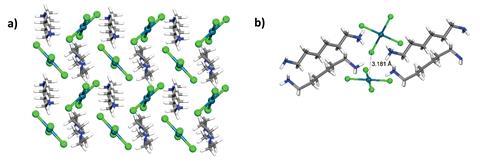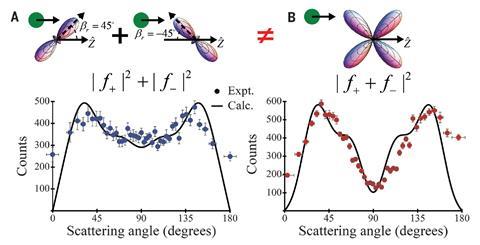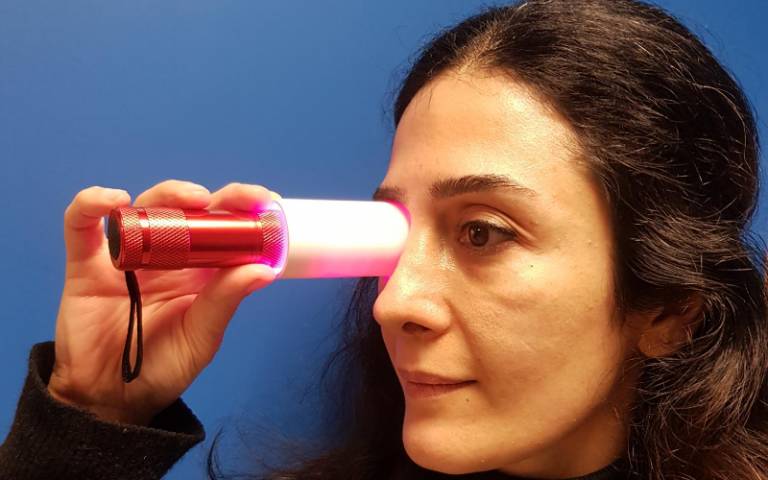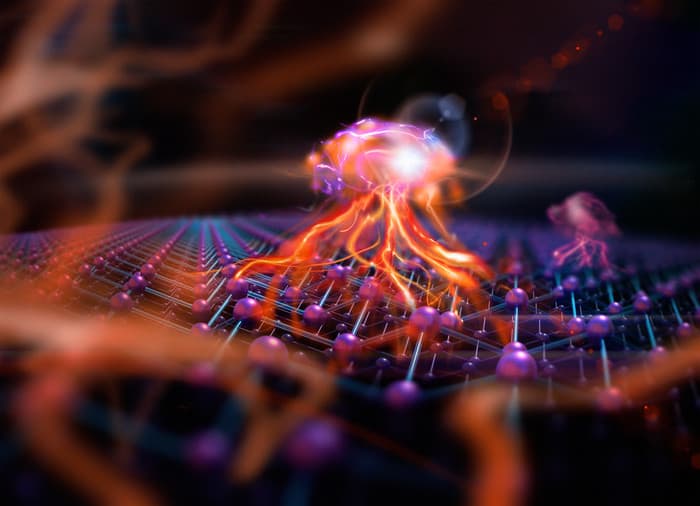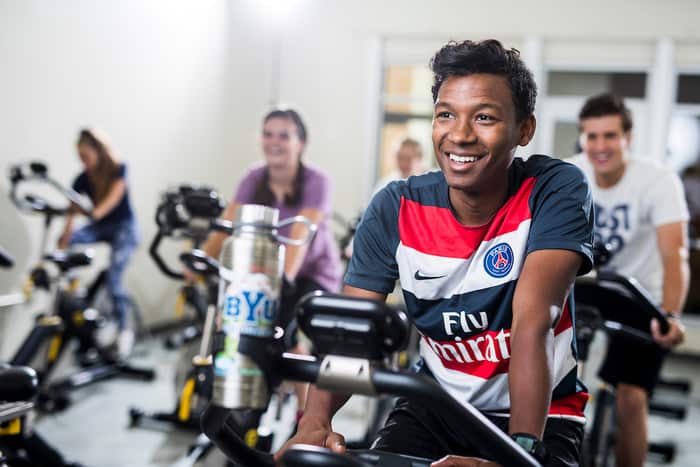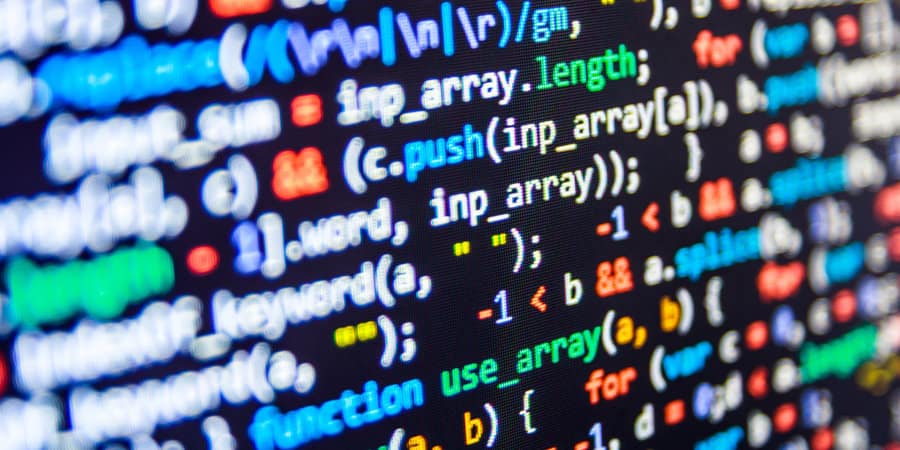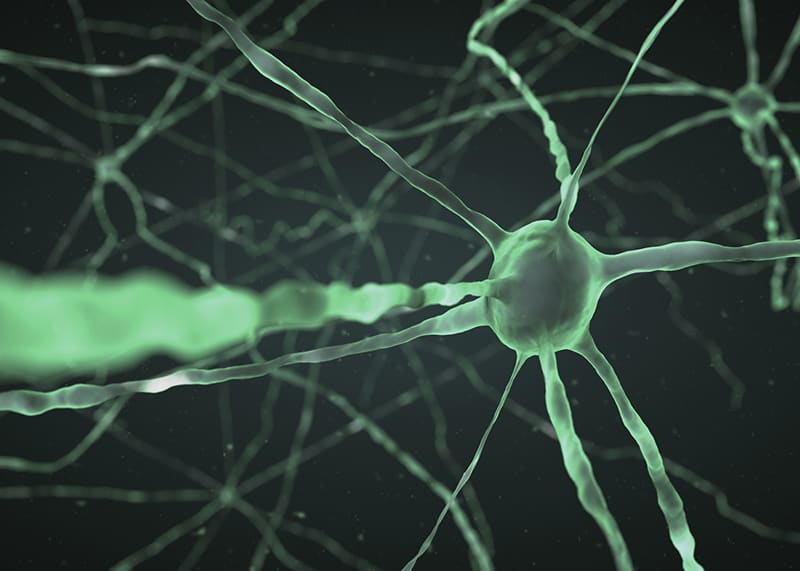Scientists have uncovered an unusual attractive interaction between two tetrachloridopalladate (PdCl42–) centres. It’s the first time a π hole bond has been reported for two doubly negative dianions. π hole bonds are known to exist in several systems, including square planar palladium complexes and AuCl4– anions. In planar complexes the π holes are regions with […]
Read More